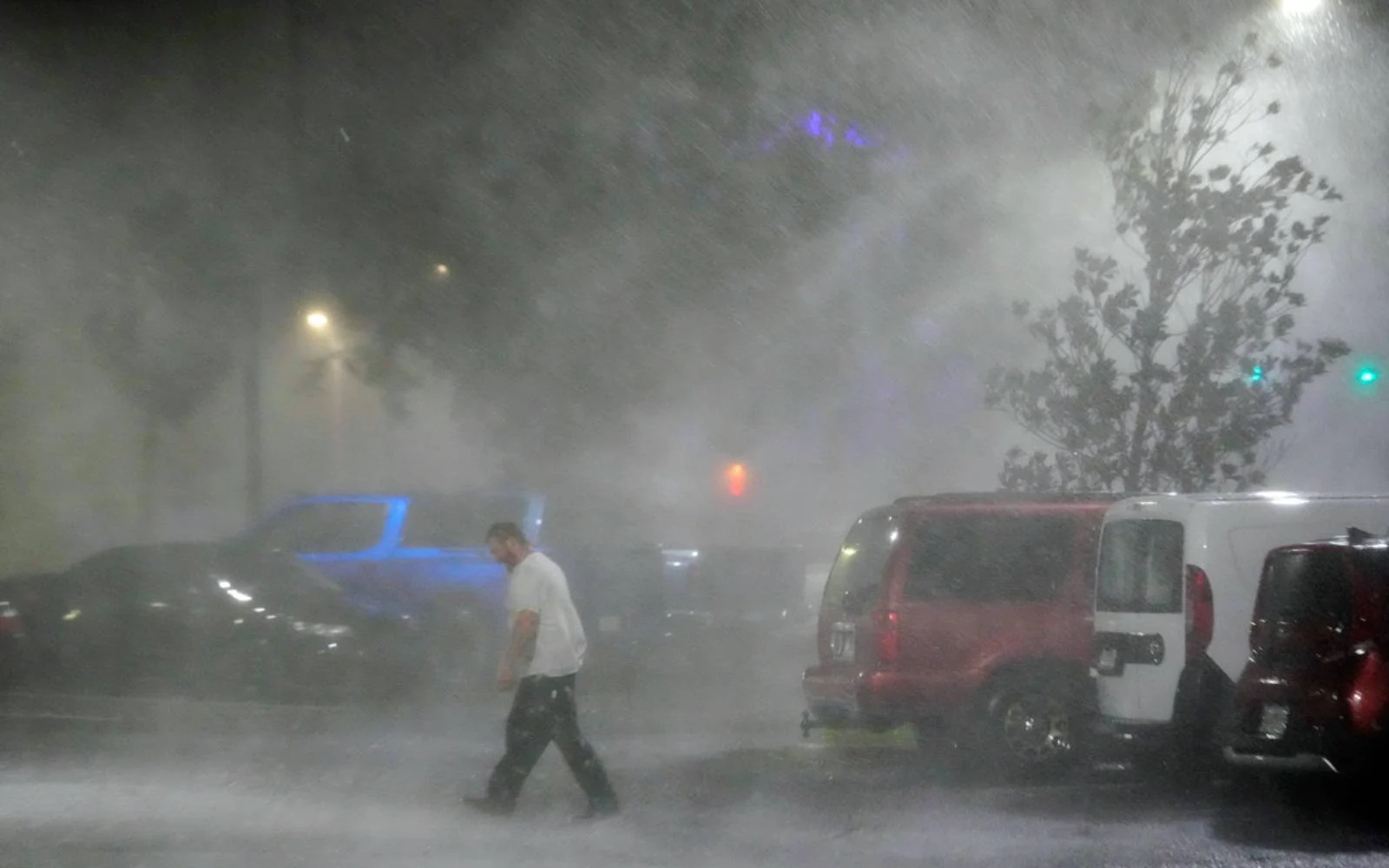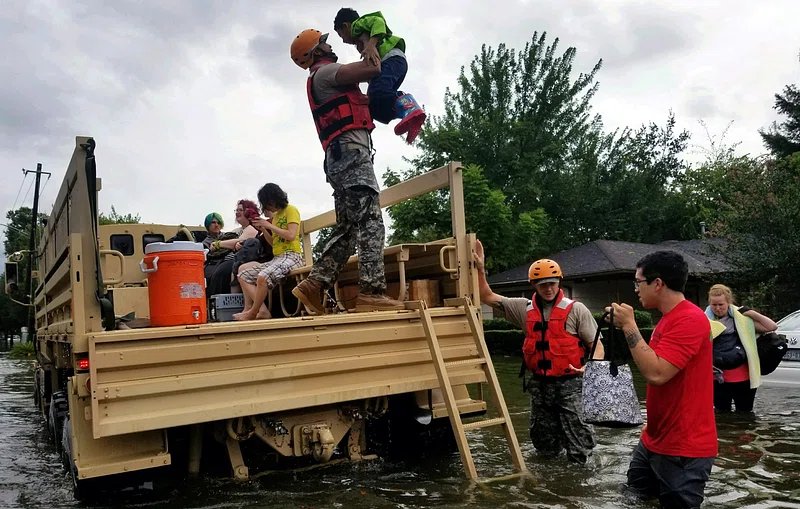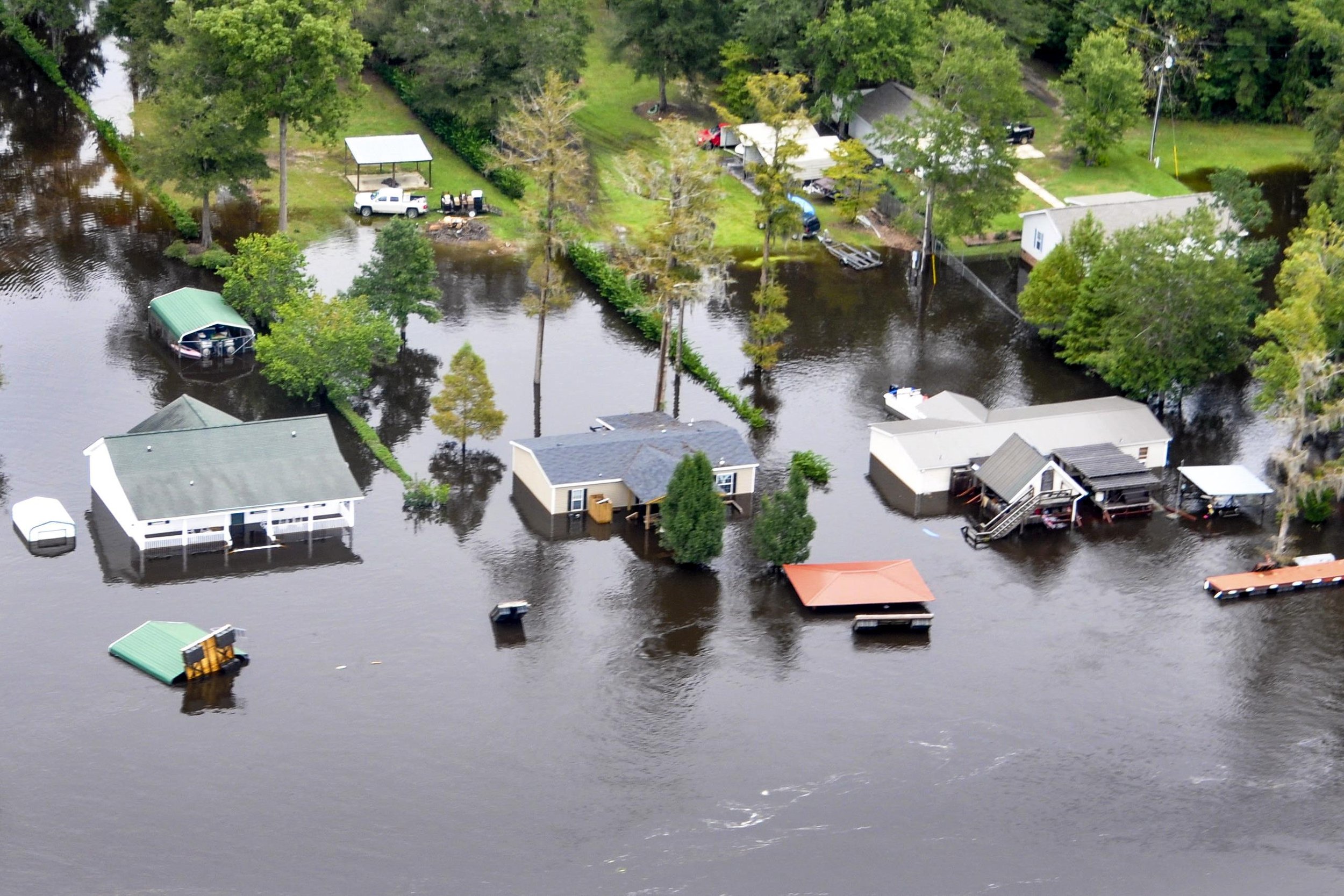Natural disasters are sudden, often devastating events that leave communities and individuals grappling with loss, fear, and uncertainty. Whether it’s an earthquake, hurricane, flood, wildfire, or volcanic eruption, the impact on human lives can be profound. In these moments of crisis, faith in God can serve as a powerful source of comfort, strength, and hope for many people, providing them with the resilience needed to endure and rebuild.

The Role of Faith in Times of Crisis
For believers, faith in God offers a framework for understanding and coping with the chaos and destruction that natural disasters bring. Faith provides the assurance that, despite the devastation, there is a greater purpose and that God is present even in the most trying circumstances. This belief helps many to find peace in the midst of uncertainty, knowing that they are not alone.
In the Bible, many stories highlight the strength of faith during disasters. One prominent example is the story of Noah’s Ark, where Noah’s faith in God allowed him to survive the great flood that wiped out much of the world. His trust in God’s instructions led to salvation for him and his family. Similarly, Job, though not facing a natural disaster, lost everything but still held onto his faith, demonstrating the idea that belief in God can sustain a person even when life seems unbearable.
Finding Strength in Community and Prayer
In times of natural disaster, faith communities often come together to support one another, offering both physical aid and spiritual encouragement. Churches, mosques, synagogues, and temples frequently serve as places of refuge, not just for the victims of disasters but also for volunteers and aid workers who are on the front lines. Acts of kindness and solidarity within faith communities can be seen as a reflection of God’s love and care for all people.
Prayer becomes a crucial practice for those impacted by natural disasters. It provides a direct way for believers to seek comfort, express their emotions, and find clarity. Many who experience loss or trauma turn to prayer to ask for God’s guidance, protection, and strength. Even in the face of tragedy, prayer allows individuals to foster a deeper connection with their faith and a sense of divine presence amidst the storm.

Reconciling Faith with Suffering
One of the biggest challenges believers face during natural disasters is reconciling their faith in a loving, omnipotent God with the immense suffering they witness. This tension can lead to deep spiritual questions: Why would God allow such destruction? How can a merciful God permit so much pain and loss?
Religious teachings across various faiths provide different perspectives on these questions. Some view natural disasters as part of the fallen nature of the world, a consequence of human sin and a reminder of life’s fragility. Others believe that disasters are tests of faith, where God allows suffering not as punishment but as an opportunity for spiritual growth, empathy, and compassion. Still, others emphasize the mystery of God’s plan, trusting that while human understanding is limited, God’s wisdom is far greater.
In the Christian tradition, the apostle Paul speaks to this idea in Romans 8:28, saying, “And we know that in all things God works for the good of those who love him, who have been called according to his purpose.” For many, this verse serves as a reminder that, even in times of disaster, God’s plan can bring about good, even when it is not immediately clear.

Faith as a Source of Hope and Healing
Faith in God can also offer a sense of hope that transcends immediate circumstances. For those who have lost loved ones or witnessed the destruction of their homes, faith provides the assurance that there is more to life than what can be seen. Belief in the afterlife, divine justice, and the ultimate renewal of creation can give survivors the strength to press on, knowing that God’s promises extend beyond the present moment.
Moreover, faith often inspires acts of service and compassion. Many believers see it as their duty to help others in times of crisis, motivated by the teachings of love, charity, and selflessness found in their faith traditions. In the aftermath of a disaster, these acts of kindness can be beacons of hope and healing, reflecting the enduring power of faith to bring light even in the darkest of times.
Conclusion: Trusting in God’s Presence
While natural disasters can challenge a person’s faith, they can also strengthen it. For many, the experience of surviving a disaster or helping others through one deepens their trust in God and their understanding of His presence in their lives. Faith offers a lifeline to those who feel overwhelmed by loss, fear, and uncertainty, reminding them that there is a higher power who cares for them and can bring peace even in the midst of chaos.
In moments of disaster, faith in God doesn’t eliminate suffering but provides a way to endure, rebuild, and find meaning amid the devastation. It is a reminder that, though the world is fragile and life is unpredictable, God’s love and strength are constant.
Learn to combat the tactics of the devil through Christ to be better equipped in spiritual battle


